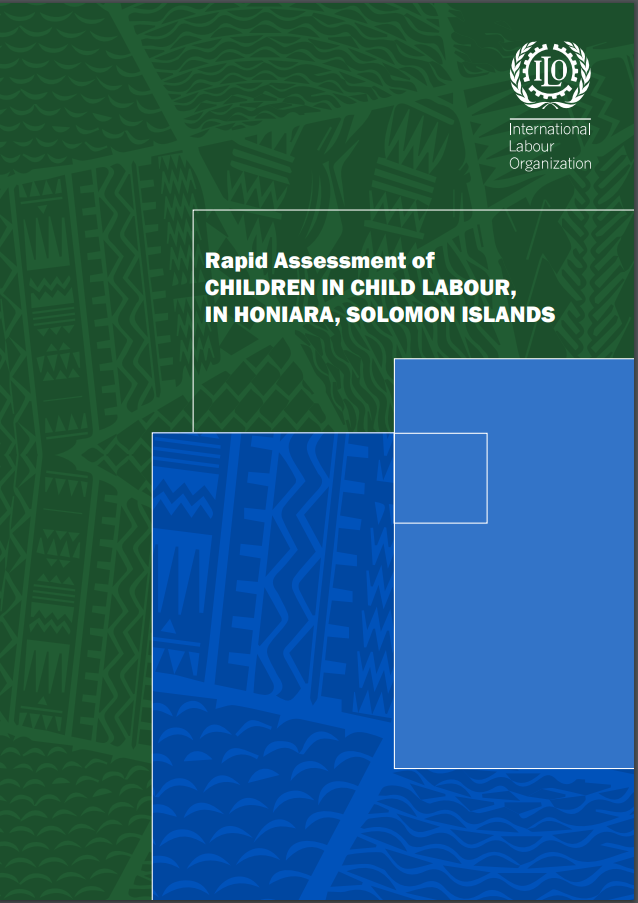Preventing Trafficking in Persons: The Role of Public Procurement
PublicationsThis Inter-Agency Coordination Group against Trafficking in Persons (ICAT) Issue Brief explains the role of public procurement in preventing trafficking for forced labour. It outlines the international and national policy framework; elaborates on va...Read More

